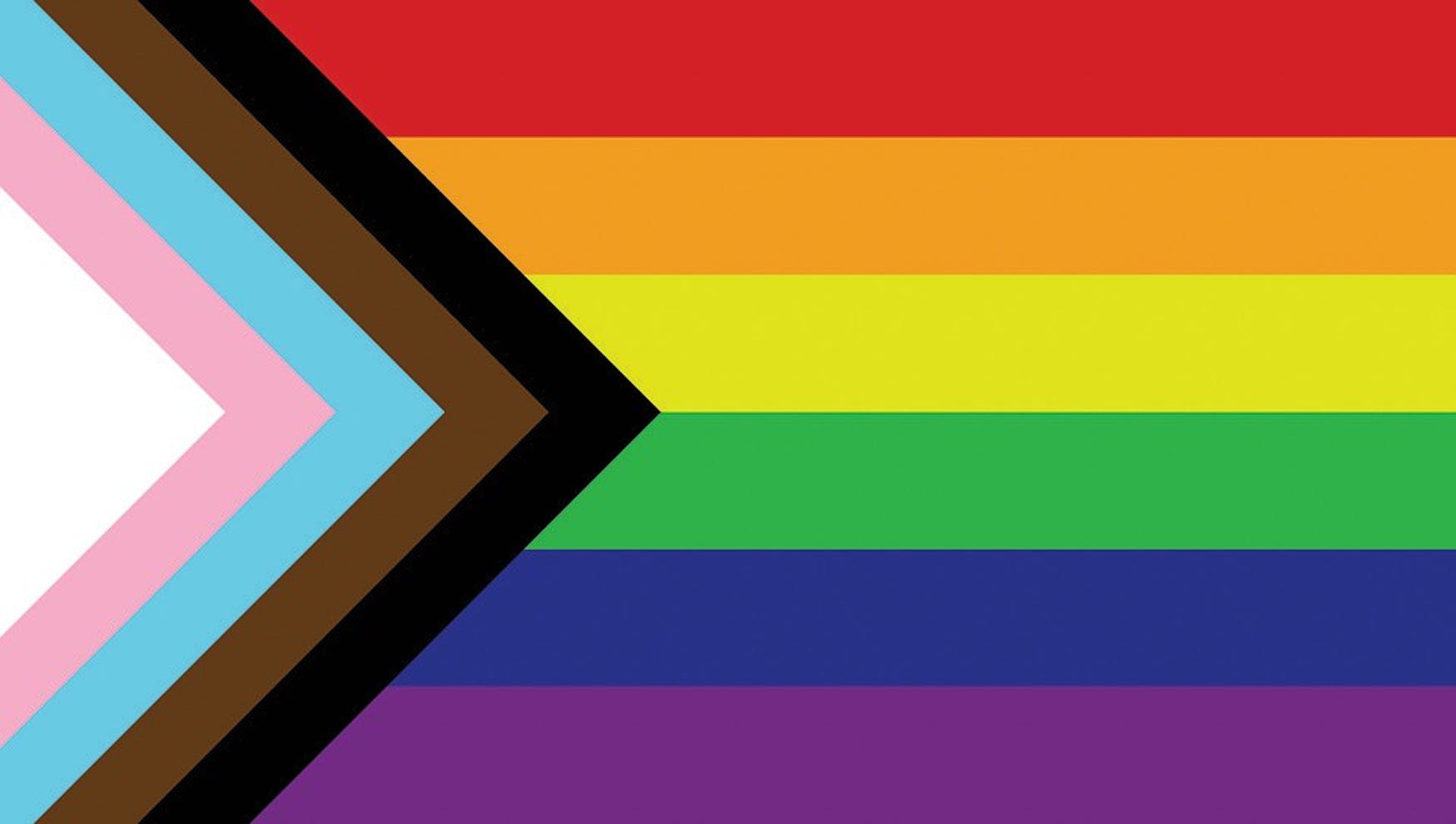"Views on the News": The "Don't Say Gay" bill and its impact on education
"Views on the News": The "Don't Say Gay" bill and its impact on education
Gov. Ron DeSantis, R-Fla., has stated his intention to sign the "Parental Rights in Education" bill, which has been named by those in opposition as the "Don't Say Gay" bill because it seeks to ban instruction of gender and sexuality issues in the classroom. How does this bill negatively impact those who are a part of the LGBTQIA+ community? To what extent does banning or mitigating conversation surrounding gender and sexuality harm students? What can student organizers do to promote more inclusive legislation in conservative states to promote inclusivity?
Prof. Levenson (ED)
Because so many LGBTQIA students continue to be bullied and harassed, it has been very important for schools to acknowledge and discuss gender and sexuality as part of normal development. The recent legislative bills (such as the one in Florida) [that] criminalizes such instruction are part of Republican initiatives to prevent discussions about sexuality and/or race. Such punitive legislation has made teachers very anxious about such instruction. What can students do? They can speak out respectfully against such ill advised legislation or policies. Students can also move instruction and discussions about gender and/or race to social media or community forums which are accessible to students —they also need to make sure that this info is correct!— Sometimes outlawing information is a great way to make it more interesting.
Marya R. Levenson is a retired Univ. emerita professor in the Education Department
Prof. Hassenfeld (ED)
There’s nothing new about political groups trying to control curricula and educational material. In the last year we’ve seen political groups targeting "critical race theory” and banning various books from school libraries. This bill, titled “Parental Rights in Education,” states that lessons about sexual orientation are banned outright in kindergarten through third grade. It also prohibits lessons in other grades unless they are “age-appropriate and developmentally appropriate.” Besides harming students, families, and communities, this bill once again casts teachers in a sinister light, suggesting that they need to be censored because their speech can’t be trusted. This bill undermines human dignity, learning, and — our favorite punching bag — teachers.
Dr. Ziva Hassenfeld is a Jack, Joseph and Morton and Mandel assistant professor of Jewish education.




Please note All comments are eligible for publication in The Justice.